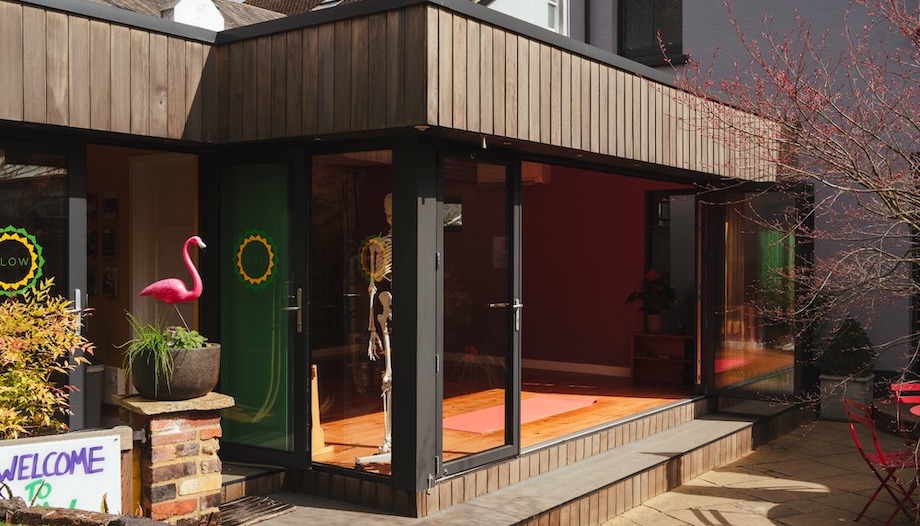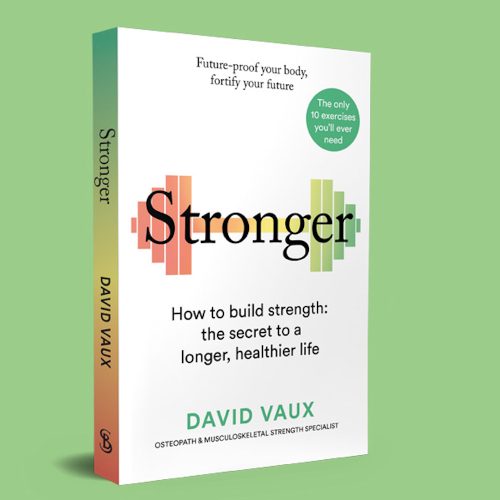Do your parents need more help at home? – 8 questions to ask!
Elderly care experts Age Space, warn that a mixture of parental pride and pandemic induced distance has made it more difficult to spot signs that your parents need help.

Lockdown is easing and with most parents dosed with their first vaccination, there’s excitement in the air. After a year of forced family Zooms, everyone is praying for a reprieve from the usual April showers and the chance to sit in the back garden with friends and family and have a good old face to face natter.
However, once the excitement has settled and the bickering resumes (only joking) – it’s time to subtly look around and see how your parents have been coping over the last year. Undoubtedly, it’s been a struggle for everyone. However, loss of social activity and close family support, plus the fear that this virus unfairly picks off the elderly first, might have left your parents weakened and more vulnerable.
To help you navigate this slightly treacherous path, Age Space have come up with a checklist of 8 questions to consider and talk through with your parents.
1. Are my parents looking after themselves?
A sneak peek through the windows might reveal that the post is piling up, laundry isn’t getting done and that once-spotless kitchen is looking grubby.
2. Are they eating regular meals?

Have they been managing to shop and get enough fresh supplies to suggest they are eating regular healthy meals? Is their kitchen layout and design hindering their ability to cook safely? Perhaps they need some easier to use utensils? They may not be the most exciting of gifts but a lighter frying pan or new can opener could make life much easier.
3. Can they wash, bathe and shower?
Are they wearing clean clothes and do they appear to be looking after themselves – hair, shaving, teeth?
You might be able to spot the signs but equally they might be too embarrassed to discuss personal hygiene. Try to be sensitive and talk about the practical difficulties of reduced mobility and the need for extra help such as grab rails in the bathroom or a walk-in shower.
4. Are the bills being paid?

One of the positives to come out of the pandemic is that older generations have been forced to embrace technology. However, there will be those who still prefer to visit the bank or post office to pay their bills and might be struggling. It’s always tricky talking about money but it’s important to check that the bills are getting paid and help them transition online if they haven’t already.
We understand that a trip to the bank can provide an important opportunity for human interaction. Once the world returns to normal, they can resume their preferred method.
5. Is a health condition affecting their life?
Has mum or dad recently been diagnosed with a health condition that may make life more difficult? A physically challenging condition, such as arthritis, means they won’t be able to get around like they used to. A mentally degenerative condition, such as dementia, may mean confusion, frustration and signs of unusual irritation.
It is important to consider if some physical and environmental changes might make life easier and safer for them. Age Space’s guide to adapting the home, shares lots of useful advice.
6. Is my relative taking their medication?

There are some great Apps which can be synched with family member’s phones to help keep on top of medication and manage care needs.
7. Are my parents able to get out and about?
For those who haven’t been very active during lockdown, you might notice a decline in their mobility. Ask them how safe and steady they feel on their feet. If they feel vulnerable, investigate mobility aids and work to strengthen their muscles through gentle exercise.
Personal alarms are a great way to keep your parents independent and active while giving you the reassurance that they are safe and well. For the more fashion conscious, you can now get alarms for your wrist that look like Fitbits. You can find out more about personal alarms here.
8. Have they got a social life and connections?

Again, this will have suffered during lockdown, especially for those not tech savvy. As a result, mum and dad might have lost interest in the things they’ve always enjoyed.
Socially we are all a bit nervous as we come out of this extended hibernation. Try to encourage your parents to reconnect with friends. Perhaps a good old fashioned phone call or card in the post, or when they’re ready, maybe suggest that they invite people over for a cuppa and a slice of cake in the garden. You could also research when their clubs and activities are due to start again. This will give them something to look forward to and time to build up any lost confidence.
If you’ve answered ‘yes’ to any of the above questions, agespace.org shares lots more useful advice on caring for elderly parents and relatives.
You may also like

















